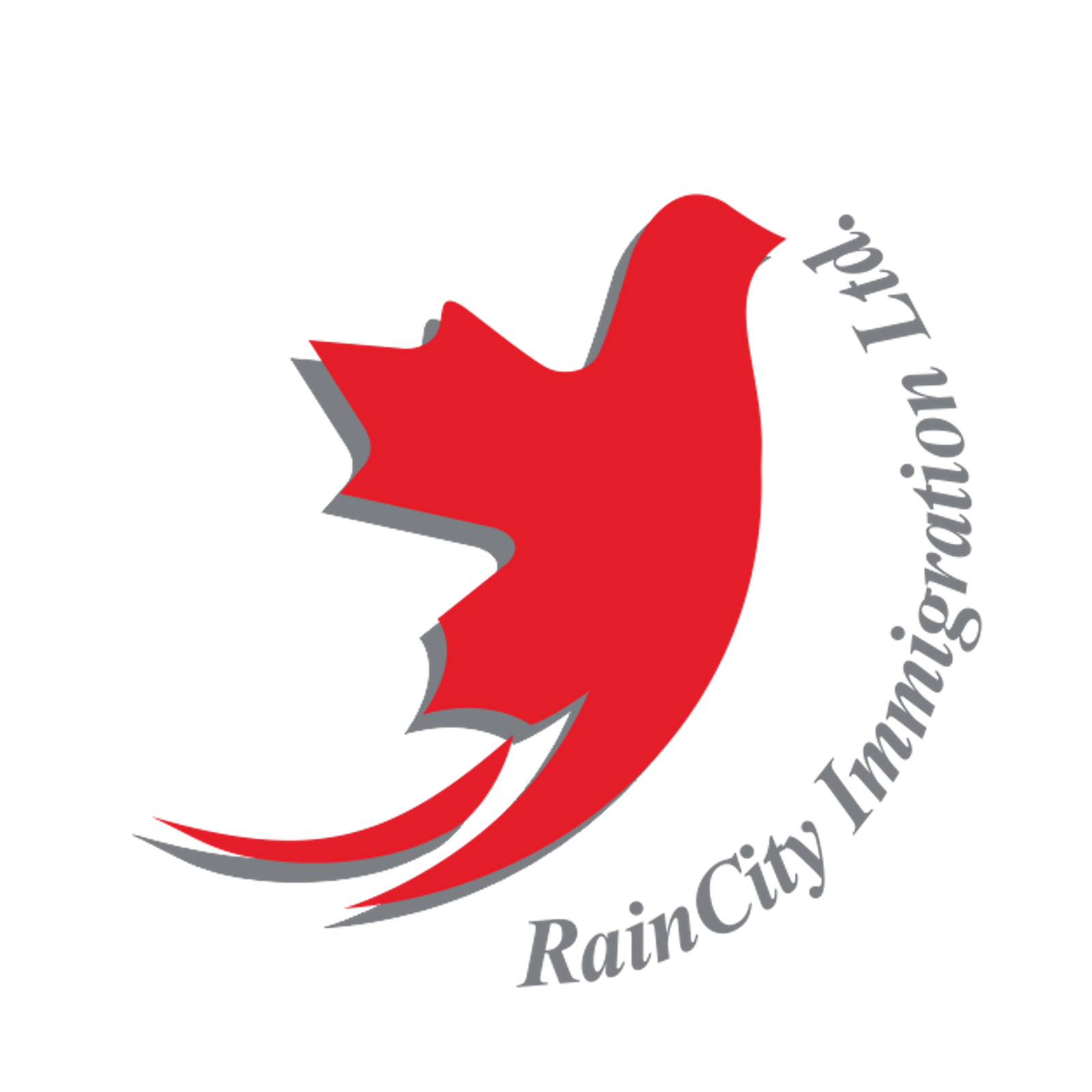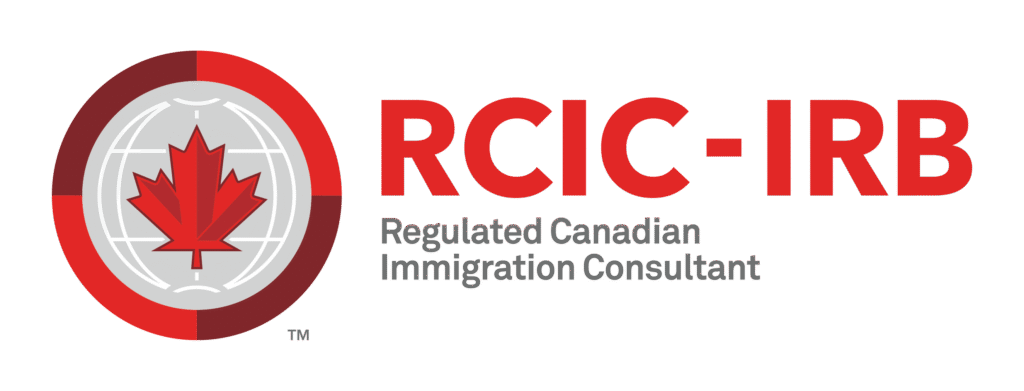Comprehensive Guide to Study Immigration to Germany

If you’re planning to pursue your Bachelor’s, Master’s, or even PhD studies, Germany can be an excellent destination for immigration. Studying in Germany is considered one of the easier paths to immigration. Obtaining a student visa is not difficult, and most importantly, Germany is among the top five countries where education is free!
All you need is a language certificate and no major study gaps to apply for this visa. The good news is that students are allowed to work while studying. Below, you’ll find detailed information for each educational level—Bachelor’s, Master’s, and Doctorate. So if you’re considering studying in Germany, stay with us until the end.
Studying in Germany at a Glance
Language requirement: B2 German or IELTS 6.5 (English programs)
Age limits: Up to 30 for Bachelor’s, 35 for Master’s, 40 for PhD
Acceptable study gap: Maximum of 4 to 5 years
Tuition fees: Free / up to €200
Scholarships: Available for all levels
Dependent visa: Allowed
Work while studying: Permitted
Post-study work: Possible with a work visa
Schengen travel: Allowed with a student visa
Post-graduation residence: Possible with a job offer
Advantages of Studying in Germany
Education in both German and English
Free education at top-ranked universities
Scholarship opportunities
Affordable living compared to many European and American countries
Health insurance coverage for all students
Part-time work opportunities
18-month post-graduation job-seeking residence
Low unemployment rate and job opportunities after graduation
Reasonable living costs in proportion to income
Travel to Schengen countries at low cost
Study Immigration Requirements for Germany
The first step to studying in Germany is obtaining an acceptance letter from a university. You must meet the university’s requirements:
Age limit: Varies by level; 30 for Bachelor’s, 35 for Master’s
Study gap: No more than 4 to 5 years since your last degree
Next, you must meet the requirements for the German embassy to issue your visa:
Financial proof: You must prove you can cover living and study expenses for one year, approximately €11,208 (€934/month). This can be shown through a blocked account, scholarship, or sponsorship letter from someone in Germany.
Language certificate: B2 German for public universities, or IELTS 6.5 for English-taught programs. (Some public universities offer English-taught programs—check their websites!)
Health insurance: Required for obtaining a visa, typically travel insurance for the designated period.
Student visa: A national visa (for more than 90 days) is required before migrating to Germany.
Types of Student Visas for Germany
German Student Visa
For students already admitted to a German university.German Student Applicant Visa
For those who haven’t received university admission yet and want to apply in person. (Not available for Iranians currently.)German Language Course Visa
For language course attendees. (Currently not available for Iranians.)
Education Levels in Germany
Bachelor’s Degree
Duration: 4 years
Requirements:
12-year high school diploma
If diploma isn’t equivalent to German Abitur, one-year Studienkolleg required
German proficiency: B1 minimum (TestDaF, DSH)
English proficiency: IELTS 5.5+ or TOEFL iBT 50+
May require entrance exam or interview
Work: Up to 10 hours per week
Master’s Degree
Duration: 2 years
Requirements:
Recognized Bachelor’s degree (ZAB evaluation)
German B2 or English IELTS 5.5–6.0 / TOEFL iBT 79–87
Work: 15–20 hours per week
Increases chances for PhD scholarships
PhD Degree
Duration: 3–4 years
Requirements:
Master’s degree, recognized by ZAB
German C1 or English IELTS 6.0–6.5 / TOEFL iBT 79–87
Work: More than 20 hours per week allowed
Note: Financial proof and health insurance are mandatory for all levels.
Steps for Study Immigration to Germany
The process of study immigration to Germany can be confusing for many international students. Below is a comprehensive step-by-step guide to help you navigate this journey:
1. Apply to a German University
Based on your academic interests and goals, you can use the following platforms to search for programs and universities:
Once you’ve selected your university and program, review their admission requirements and submit the necessary documents, which typically include:
Official academic transcripts translated into German
Letter of motivation (Motivationsschreiben)
Letters of recommendation
Language proficiency certificate
Note: Some universities require applications via Uni-Assist, an intermediary platform used by over 170 German universities for evaluating international student applications.
2. Prepare Essential Documents
After receiving admission, you’ll need to prepare the following for visa processing at the German Embassy. All academic documents must be officially translated into German and certified by the Ministry of Justice and Ministry of Foreign Affairs:
Valid passport
University admission letter or Studienkolleg acceptance
Proof of financial means (blocked account or sponsorship)
Language certificate (English or German)
Completed visa application form
3. Schedule an Appointment with the German Embassy
In Iran, Visametric is responsible for managing German visa applications. You must bring your organized documents for verification and legalization. The service fee is currently 75 euros. Be aware that the appointment wait time can vary and may take several weeks.
4. Obtain Your Visa and Travel to Germany
After your visa is issued, you can purchase your ticket and prepare to travel. Ensure you have:
A flight ticket to Germany
Travel health insurance with at least €30,000 coverage valid for three months
It’s also recommended to book your student accommodation in advance.
5. Apply for a Residence Permit
According to Section 16b of the German Residence Act (AufenthG), anyone staying in Germany for more than 90 days must obtain a residence permit. You must register your address and apply for the permit within 14 days of arrival.
6. Important Steps After Arrival
After entering Germany, you’ll need to complete these tasks:
Register at your university
Secure housing
Obtain health insurance
Open a bank account
Receive your student ID card
Prepare for the start of your academic program
If you plan to bring your family, including spouse or children, each person must provide separate proof of financial means for their visa.
Required Documents for Study
These documents will be needed at different stages of the process:
Valid national passport
Two recent passport photos
University admission letter (Zulassungsbescheinigung)
Proof of German language proficiency:
DSH exam
TestDaF
Goethe-Zertifikat (GDS)
Proof of English proficiency:
| Exam | Required Score | |——|—————-| | TOEFL | PbT: 550 / CbT: 213 / IbT: 79-80 | | IELTS | Bachelor: 5.5–6.0 / Master: 5.5–6.5 / PhD: 6.0–6.5 |Travel insurance covering at least €30,000
Motivation letter
Marriage certificate (if applicable)
Visa application fee receipt
Scholarships in Germany
Scholarships allow students to cover their study expenses through institutional funding. A GPA of 15 or higher significantly improves your chances. Scholarships are most accessible at the PhD level, followed by Master’s, and least accessible at Bachelor’s.
Each state in Germany may offer different scholarship opportunities.
Bachelor’s Level Scholarships
Scholarships at this level are limited but possible:
Hach & Rose / LPP: €5,000
TRENDHIM: $2,300
MAilchek: $1,500
Master’s Level Scholarships
Scholarships for Master’s degrees are more common and include:
DAAD Scholarship: €850/month
Friedrich Ebert Foundation: €1,000/month (for top academic profiles)
Konrad Stiftung: One-year scholarship (amount undisclosed)
PhD Scholarships
PhD students have the highest chances of receiving scholarships. Requirements include IELTS 7+ and publications in reputable journals.
German National Science Foundation: €1,250/month
DAAD PhD Services: €1,250/month
StipendiumPlus Organization: €1,350/month
Costs of Study Immigration to Germany
Costs can be divided into pre-departure and post-arrival expenses.
Pre-Departure Costs
| Item | Expected Cost |
|---|---|
| Document translation | Varies |
| Legalization | €100–120 total (€30 per document + €8 per notarization) |
| Language exam | 7–14 million IRR |
| Travel insurance | ~150,000 IRR |
| Visa fee | €75 |
Post-Arrival Costs
| Expense | Cost |
|---|---|
| Student health insurance | €160 (student pays €80) |
| Semester fees | Public: €250–350 / Private: €25,000–€40,000 |
| Living expenses | €934/month (used as financial proof) |
| Dormitory housing | €160–360 |
Top Universities in Germany (2023-2024)
| City | University | World Rank (2023) | National Rank (2024) |
|---|---|---|---|
| Munich | Technical University of Munich | 30 | 1 |
| Munich | LMU Munich | 33 | 2 |
| Heidelberg | Universität Heidelberg | 43 | 3 |
| Berlin | Humboldt University | 86 | 4 |
| Aachen | RWTH Aachen | 99 | 5 |
| Bonn | University of Bonn | 89 | 6 |
| Berlin | Charité University | 73 | 7 |
| Tübingen | University of Tübingen | 86 | 8 |
| Berlin | Free University of Berlin | 91 | 9 |
Obtaining Residency in Germany Through Study
Studying in Germany can lead to temporary residency and potentially permanent residency after graduation. Initially, the visa allows short-term stay, and students must apply for official residence permits to live legally in Germany.
Residency Process Steps:
Step 1: Find Your Local Foreigners’ Office (Ausländerbehörde)
Apply for your residence permit after arriving in Germany.
Step 2: Register Your Address
Within 14 days of arrival, register your address at Bürgeramt and obtain the Meldebestätigung.
Documents required:
Landlord confirmation form (Wohnungsgeberbestätigung)
Passport
Visa
Step 3: Obtain Health Insurance
Public insurance: under 30
Private insurance: over 30
You’ll need a certificate to present during the residence permit application.
Step 4: Prepare Required Documents
Residence permit application form
Passport
Student visa
One photo
Proof of financial means
Health insurance certificate
University admission or registration confirmation
Step 5: Submit Your Documents
Attend your immigration appointment, present your documents, and complete an interview. Processing time is about 5–6 weeks.
Step 6: Collect Your Residence Permit Card
After approval, receive your electronic residence card (eAT) from the local office.
You can later explore options for permanent residency after your studies.
Final Words
Study immigration to Germany remains a top choice for Iranian students due to generous scholarships and accessible visa processes. We covered everything from required documents and scholarships to visa applications and residency steps. For further help, feel free to contact Parsi Canada consultants.
Frequently asked questions
Can I stay in Germany without a residence permit?
No. You must register your residence for stays longer than 90 days.
Do students get health insurance after arriving?
Yes. Students under 30 are eligible for public insurance; others can use private plans.
How long can students stay after graduation?
You can remain in Germany for 18 months to search for a job after completing your studies.





